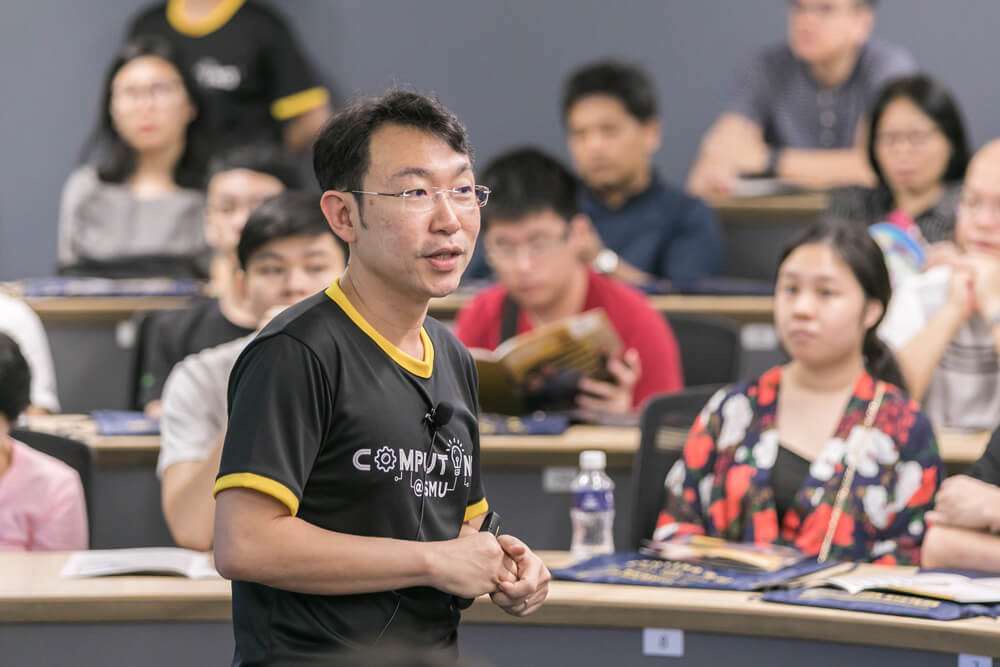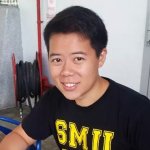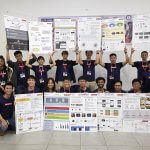By the SMU Social Media Team
Do you speak ‘computer’? According to Apple CEO Tim Cook, learning to code will eventually be more important than studying English as a second language. In other words, given the increasing centrality of computers in contemporary life, not knowing how to code may well become seen as a kind of illiteracy. And that could be true even if you’re not working in the tech industry.
“Asking how coding has benefitted people who aren’t pursuing a career in programming is like asking how writing has benefitted those who aren’t angling to be a journalist, to offer an imperfect analogy,” says Hady Lauw, Associate Professor at Singapore Management University’s (SMU) School of Information Systems.
“Writing isn’t about regurgitating sentences, but about structuring one’s thoughts in a coherent manner with purpose,” he elaborates. “Coding is similar—it’s all about structuring a sequence of logical steps towards solving a problem.”
In this increasingly digitised society, things happen at an exponential speed and scale. “In order to keep up with this deluge of information, we need to work with computers. These are the calculators of our age, and coding is just about learning to press the right buttons to solve the right equations,” Assoc Prof Lauw explains.
In fact, Assoc Prof Lauw, who is also the Director for the BSc Computer Science programme at SMU, believes in the universal relevance of ‘computational thinking’. That’s a term popularised by Jeannette Wing, professor of computer science at Columbia University. Says Assoc Prof Lauw: “Computational thinking is a mixture of logical reasoning, pattern recognition, and problem-solving at scale. It’s kind of like maths: everyone needs some but only some people need a lot.”
How exactly can computational thinking be applied to the real world? Here’s one example suggested by Assoc Prof Lauw: A university like SMU has great flexibility and many possible pathways. That means each student has to make major decisions such as which majors to choose, when to take them, whether to do an exchange programme, and if so, where.
“The number of combinations are mind-boggling, and yet, not all possible combinations can happen,” he says. “Computational thinking would allow a student to inspect these combinations logically and figure out an optimal university programme for their specific situation.”
Apart from teaching structuring and problem-solving skills, coding can also engender interactive and independent learning. Assoc Prof Lauw explains: “Coding offers a quick and virtuous learning cycle. Most codes, once written, can be executed instantly with almost immediate results. This leads to an efficient feedback loop which can really benefit the process of learning.”
“It also teaches discipline and tenacity,” he adds. “Code is binary in that it either works correctly, or it doesn’t. When it doesn’t, we try to fix it, and just keep trying until it works.” It could also be said that the need to find solutions in different ways can develop an individual’s creativity and the ability to think outside the box.
Prospective students interested in the BSc in Computer Science at SMU may come from various backgrounds because “there is no assumption of prior coding background so they get in on the ground floor, with the objective of building strong fundamentals to support lifelong learning”, says Assoc Prof Lauw. “There are also other online courses which allow people to experience computational thinking and explore if full-fledged computer science is for them.”
He concludes: “There has never been a better time to get introduced to computer science.”









